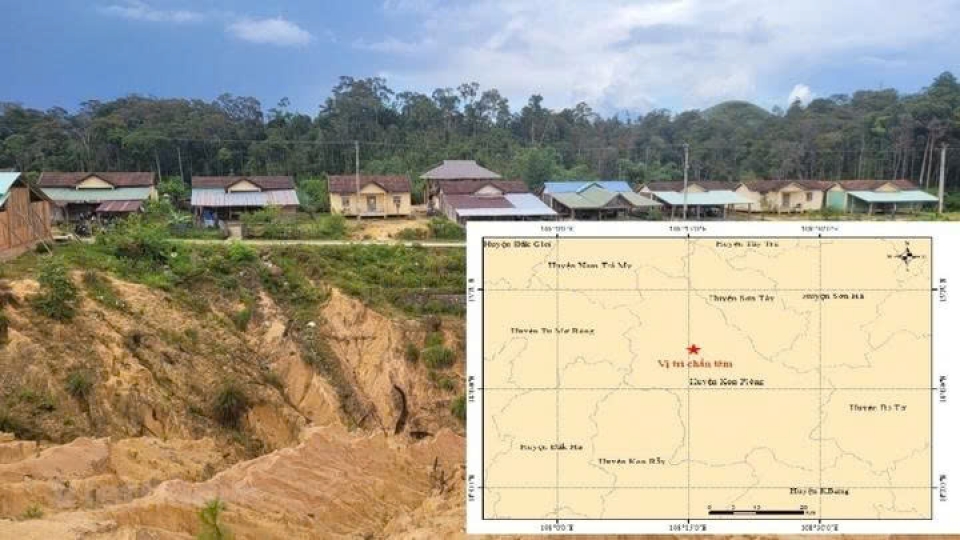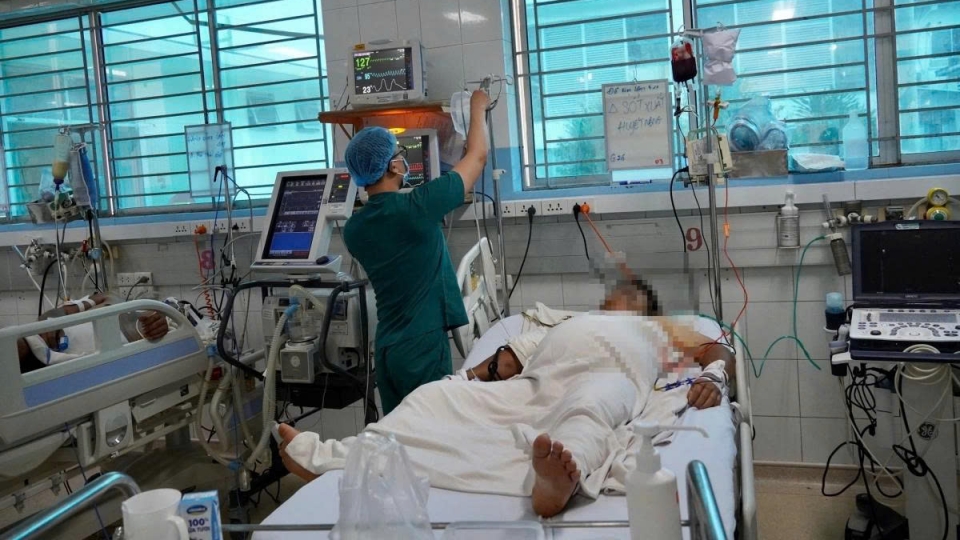Tag: global innovations
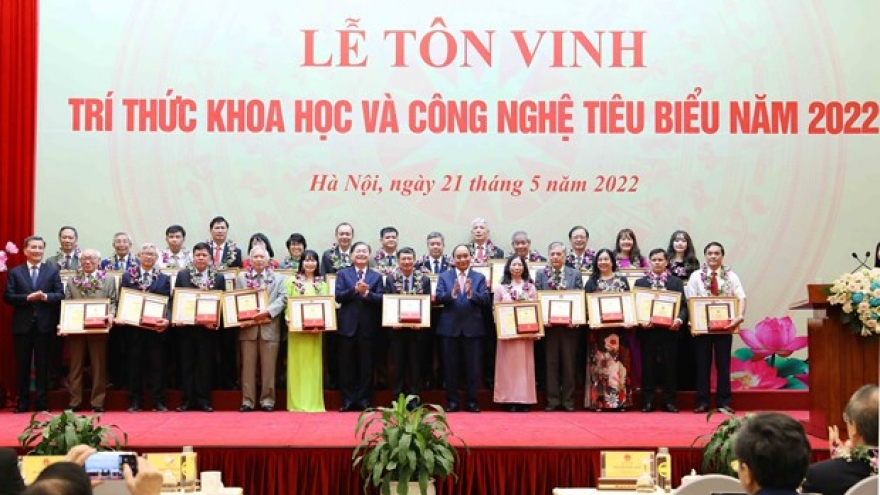
Scientists’ contributions to innovation development praised
VOV.VN - Science-technology and innovation development represents a strategic breakthrough for national development, with a contingent of scientists being at the core of this process, especially amid future changes relating to Industry 4.0.

PM asks youths to make Vietnam strong in start-up
Prime Minister Pham Minh Chinh has stressed the need to improve the start-up movement in both quantity and quality so as to soon make Vietnam become a strong country in this field.

Vietnam strengthens intellectual property protection amid economic integration
A seminar to launch a report on economic reforms for effective intellectual property protection in the context of economic integration and digital transformation in Vietnam, took place in Hanoi on March 24.

National Startup Festival returns in 2022
The National Startup Festival 2022 took place in Hanoi on January 19, bringing together policymakers, startup accelerators, mentors and advisers, investors, business leaders and representatives of international organisations.

Young overseas Vietnamese prove crucial to homeland’s innovation
Overseas Vietnamese (OVs) are viewed an important resource for national development and safeguarding, and young expatriates have proved to be an important part of innovation promotion in the homeland.

Vietnam ranks 44th in Global Innovation Index 2021
Vietnam ranked 44th out of 132 countries and economies in the Global Innovation Index 2021 (GII 2021) which was recently announced by the United Nations' World Intellectual Property Organisation (WIPO).
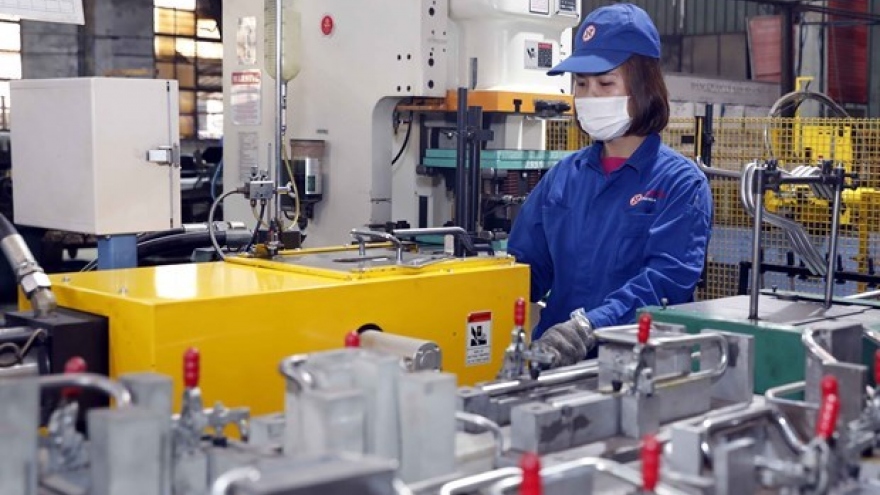
Technology trading platform viewed as crucial for Hanoi’s development
Hanoi is working on a plan to form a technology trading platform - a move considered critical for the development of the science-technology market in the capital and in Vietnam as a whole.

Vietnam to raise rate of trained workers to 40% by 2030
Vietnam targets raising the proportion of trained workers to 35-40 % by 2030 under a support programme for labour market development newly issued by Prime Minister Nguyen Xuan Phuc.
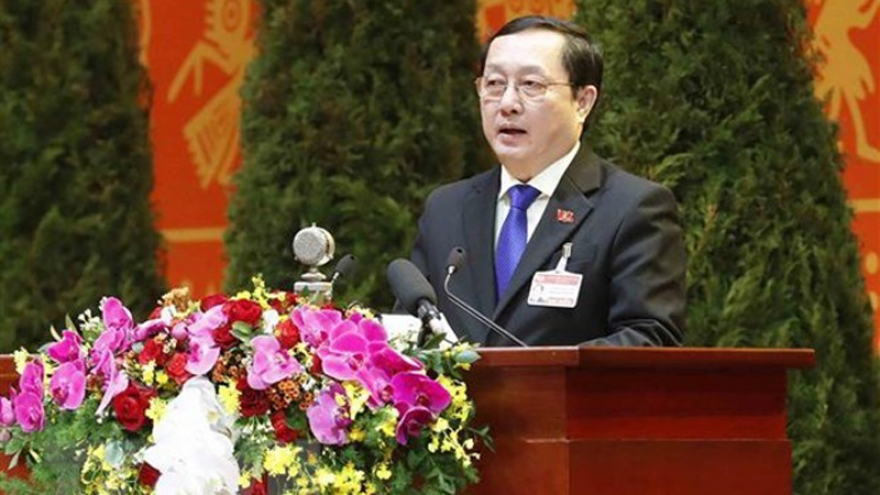
Investment in sci-tech called for to develop e-Government
Minister of Science and Technology Huynh Thanh Dat and Minister of Information and Communications Nguyen Manh Hung, both of them members of the Party Central Committee, on January 28 called for greater investment in science-technology to push national digital transformation, e-Government, and the digital economy forward.

Digital economy set to account for approximately 30% of GDP by 2030
VOV.VN - Prime Minister Nguyen Xuan Phuc has moved to adopt the National Strategy on the Fourth Industrial Revolution to 2030, with a target set for the digital economy to account for roughly 30% of Vietnamese GDP by the end of the period.




